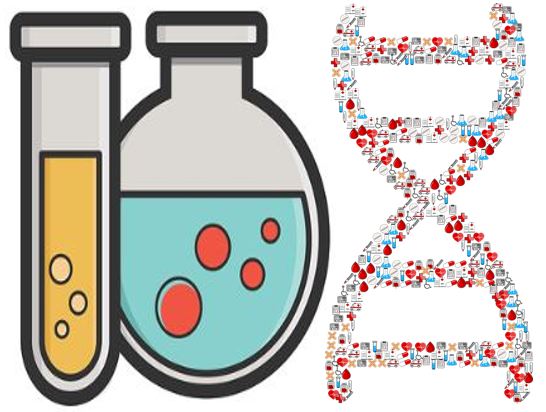 If you have a background in science and some laboratory training, you can launch a lucrative DNA testing service. The demand is high and people will pay well for professional genetic services that helps them interpret DNA test results.
If you have a background in science and some laboratory training, you can launch a lucrative DNA testing service. The demand is high and people will pay well for professional genetic services that helps them interpret DNA test results.
Besides a scientific background, it would not hurt to have some business experience. But this is not essential. If you’ve never run your own business, you can always partner with someone who has plenty of business knowledge.
Start your business by deciding what type of DNA testing you will offer. You could start a large business or a smaller, more specialized business. For instance, you could start a business that offers a broad variety of DNA tests or a specialized business, one that offers paternity testing or forensic sampling.
Regardless of the size or specialization of your business, there are only a few basic steps to take to launch your business.
Business Plan
Create an outline of your business on paper. Outline the details of your DNA testing service. For instance, do you want a physical premise where people can walk in or do you want customers to send their samples to a remote location? What type of testing services will you offer? Who will your customers be? Individuals or a government agency?
Besides describing the business, you also have to discuss the structure of the business. What kind of ownership will suit you best?
Since it is easy enough to over-complicate a business plan, it’s a good idea to work with a business consultant to draft it as comprehensively and clearly as possible.
Financing
Now you have a business plan in place, decide how to fund the business. Will you start with your own money? Will you borrow money from a bank? If you need to borrow money, then create a plan to research where you can get a fair business loan.
Once you get the money you need, then you must open up a business bank account and get relevant business insurance.
We refer to the money that is needed to start up, expand, or diversify a business as business finance.
Location
The location you choose will depend on your business model.
If you want walk-in offices, then you need to find a central location, perhaps one in a popular business district. This will make it easier for people to find you. Naturally, the better the location, the more accessible it is to walk-in traffic, the higher your rent.
Another alternative is to get people to send their DNA samples. With this business model, a low-cost remote location will work fine.
Equipment and Supplies
Now you’ve got your testing lab, you will need equipment and supplies. You will, for example, need scientific equipment for polymerase chain reaction systems, for storage of genetic material, and for DNA reproduction. When someone walks into your lab, they will see microscopes, test-tubes, petri dishes, computer software, and so on—everything necessary to purify DNA samples, prepare them, remove extraneous cellular matter, and perform various types of genetic analysis.
Business Operations
Your new employees will need a manual that explains all the corporate rules of your business. You will need to work with human resource consultants to make sure that everything is clear and complies with labor laws and government regulations.
Staffing
The more you understand about how to hire the right people, the greater your chances of business success. Again, it’s a good idea to work with consultants to make sure you hire highly qualified lab technicians, efficient managers, experienced customer service people, and other staff.
Accreditation
You will need a variety of permits and licenses for your DNA testing center. Health officials will inspect your offices and laboratories and you must keep things up to code to keep your operation permits. Unless they accredit your lab, the public will not feel confident you are qualified to provide accurate and credible DNA testing results.
Finally, you will need an excellent marketing and advertising to get your new business off to a good start.
Video – Startups
Startups are new companies founded by entrepreneurs that venture capitalists tend to be attracted to. Not every new company is a startup, but every startup is a new or very young business. Watch this Market Business News video to find out more about the meaning of the term.
Interesting Related Article: “How Does a Home DNA Test Work?“

